As blessed as we are with incredible public land resources, American hunters and anglers are not free from difficulties and confusion when it comes to public access. That’s why the Theodore Roosevelt Conservation Partnership is working to solve the most pressing public land access challenges. Steps are being taken to identify and make known the location of existing public access routes, while opening inaccessible public lands to expand your opportunities.
A TRCP film, Paper Trails, unpacks the challenges that hunters, anglers, and other outdoor recreationists face when accessing and navigating their public lands and what’s being done to improve that access.


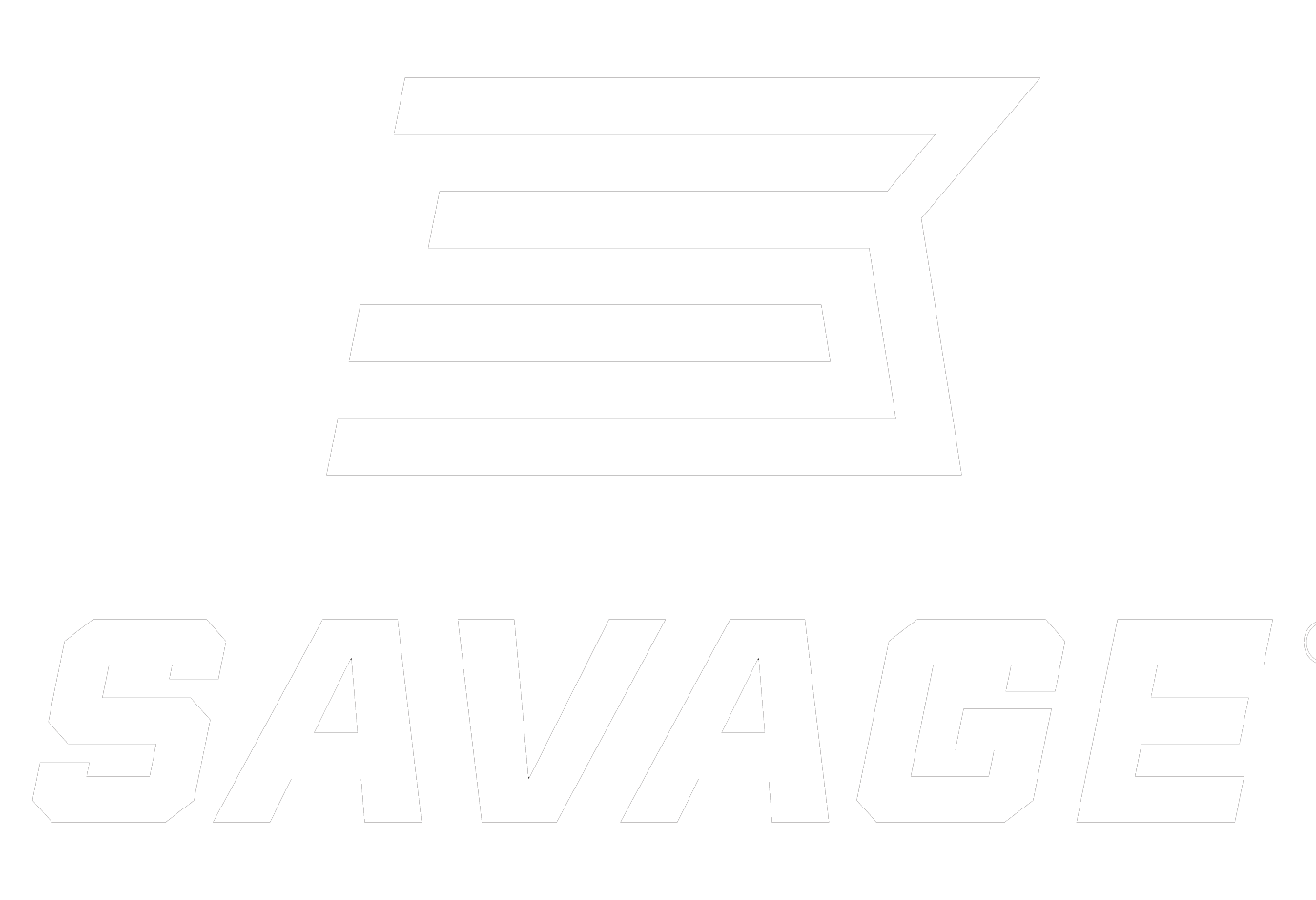


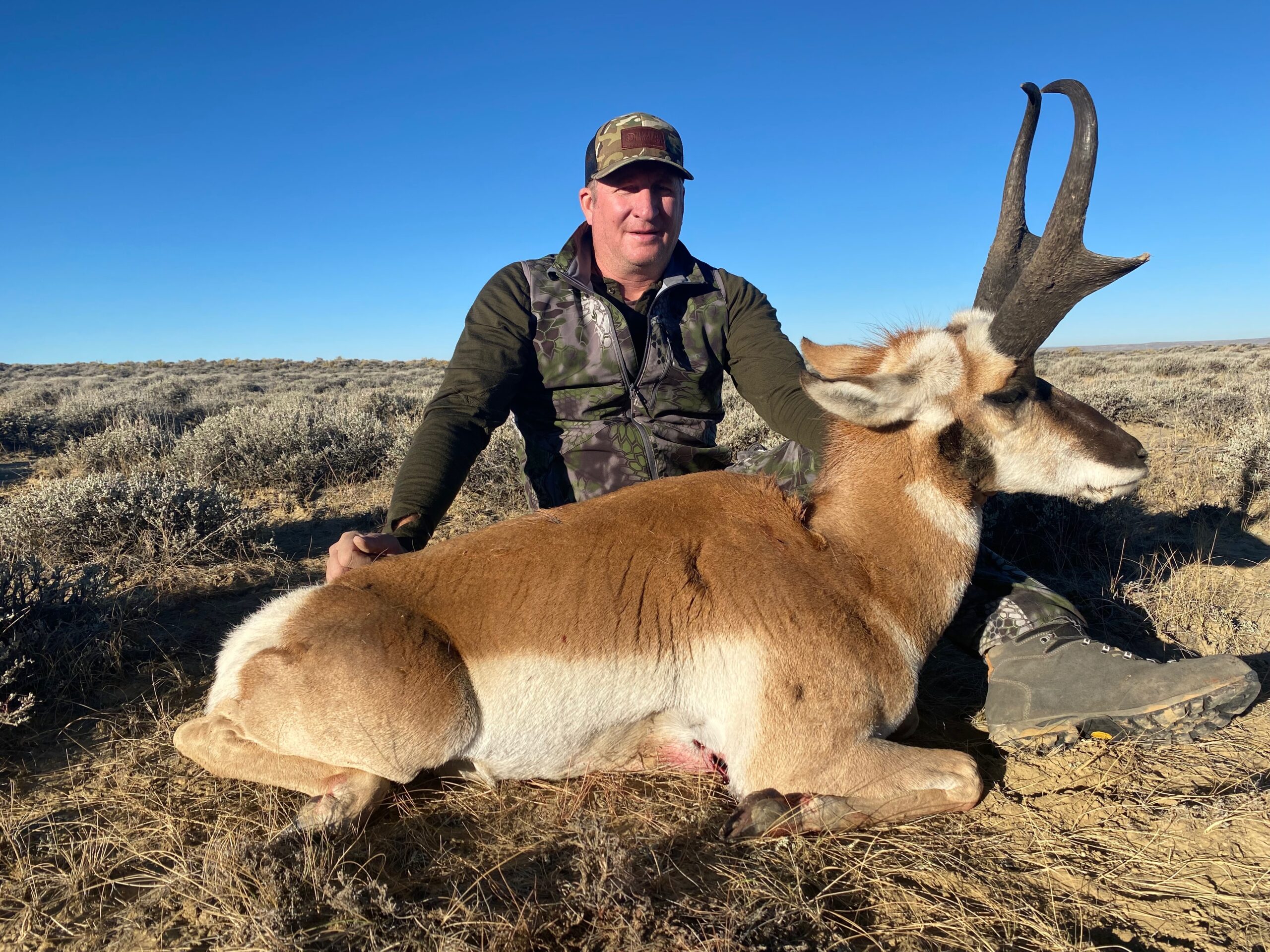
Sportsmen and sportswomen know all too well how complicated and daunting it can be to navigate access to the millions of public land acres that the West holds. To begin to cure this problem, better, more accurate mapping resources need to be developed and recorded to open up the full spectrum of public access options available, including state walk-in programs and public road easements.
— Guy Eastman, Eastmans’ Hunting Journal
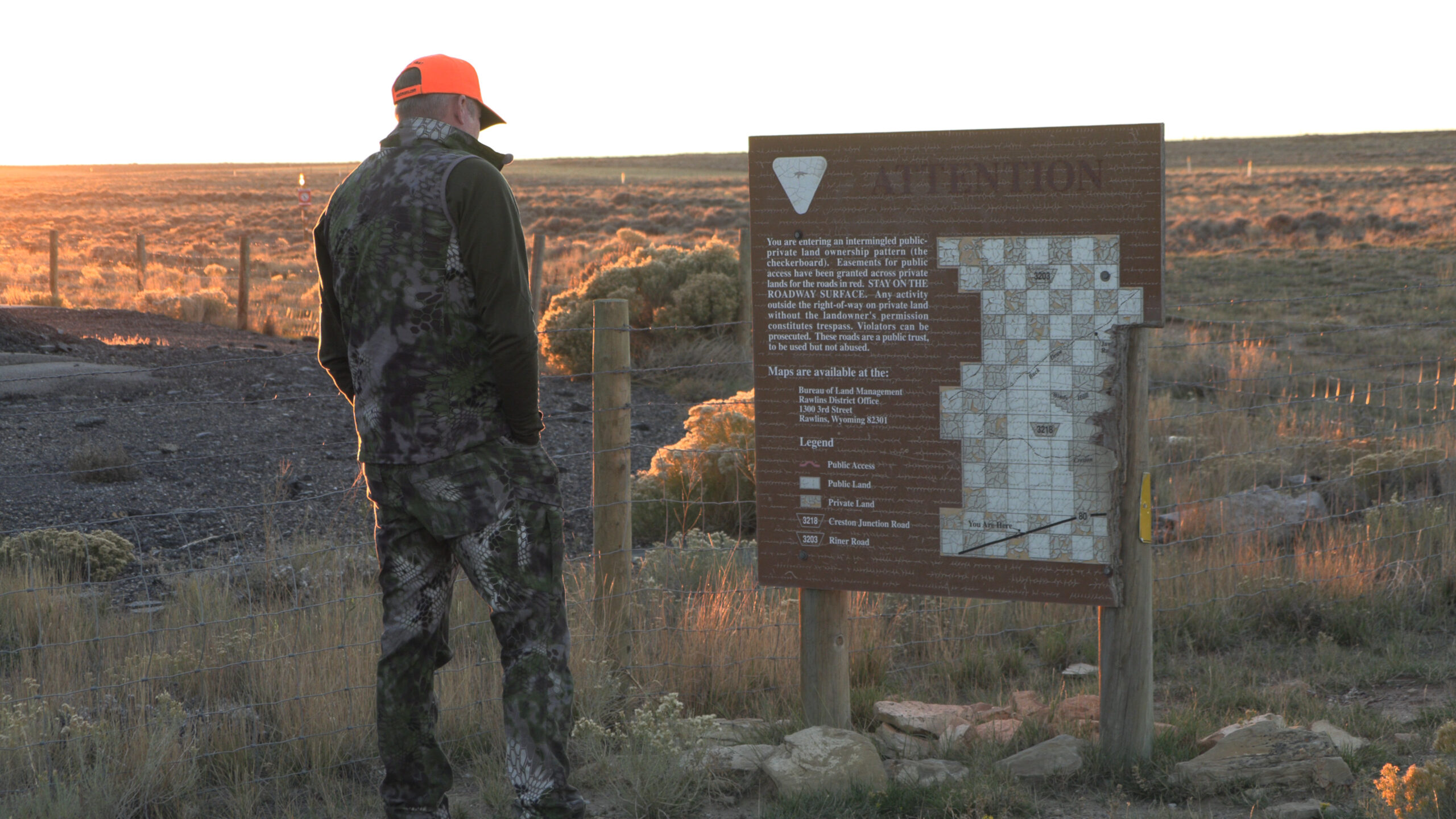
On April 29, 2022, the Modernizing Access to our Public Land Act (MAPLand Act) was signed into law, directing federal land management agencies to consolidate, digitize, and make publicly available recreational access information as geospatial files. This includes access easements across private lands, as well as detailed road and trail information on public lands. The MAPLand Act will increase the power of GPS mapping apps commonly found on smartphones, but this information must be implemented before public users will benefit. American hunters and anglers are urging federal lawmakers to appropriate $13.5 million toward MAPLand Act implementation in Fiscal Year 2024, and land management agencies must prioritize the law’s implementation by 2026.
Learn MoreThe federal Farm Bill is up for reauthorization in 2023. As part of that debate, Congress is reconsidering the Voluntary Public Access and Habitat Incentive Program (VPA-HIP), which provides money to states and Tribes to open public hunting and fishing opportunities on private lands. Many state walk-in access programs leverage additional value by unlocking inaccessible public lands, and dozens of states have utilized this Farm Bill grant program to bolster public access. The sporting community is requesting that Congress fund the VPA-HIP at $150 million in the 2023 Farm Bill to triple its previous impact.
Learn MoreFrom 2018 through 2020, TRCP and onX teamed up to spotlight 16.42 million acres of landlocked local, state, and federal lands across 22 states that are entirely surrounded by private land with no permanent legal means of access. These landlocked parcels are remnants of westward expansion, a period when the federal government conveyed land to other entities in an arbitrary, disjointed fashion. This history has left confusing land ownership patterns on the landscape, where public and private parcels often alternate like the squares on a checkerboard. In order to fix the checkerboard legacy and reduce the acreage of landlocked public lands across the country, federal land management agencies must prioritize the exchange of public parcels in cooperation with neighboring landowners to consolidate public holdings. Simultaneously, the agencies should use the Land and Water Conservation Fund to purchase strategic parcels and easements that open other lands where exchanges aren’t appropriate.
Learn MoreAs federal agencies work to digitize their access easements, countless other state and county public roads remain unmarked and indistinguishable from private lanes, resulting in widespread confusion and conflict with private landowners. County roads are public roads that have been established by formal local government action. Some county roads were established over a century ago and, because of a general lack of maintenance, they can be difficult to identify. Additionally, states—which own tens of millions of acres across the nation—are responsible for an unknown number of access easements to their wildlife management areas, trust lands, forests, and parks. County road and state access easement locations need to be digitized to inform GPS mapping applications and eliminate confusion over public road and land access.
Learn More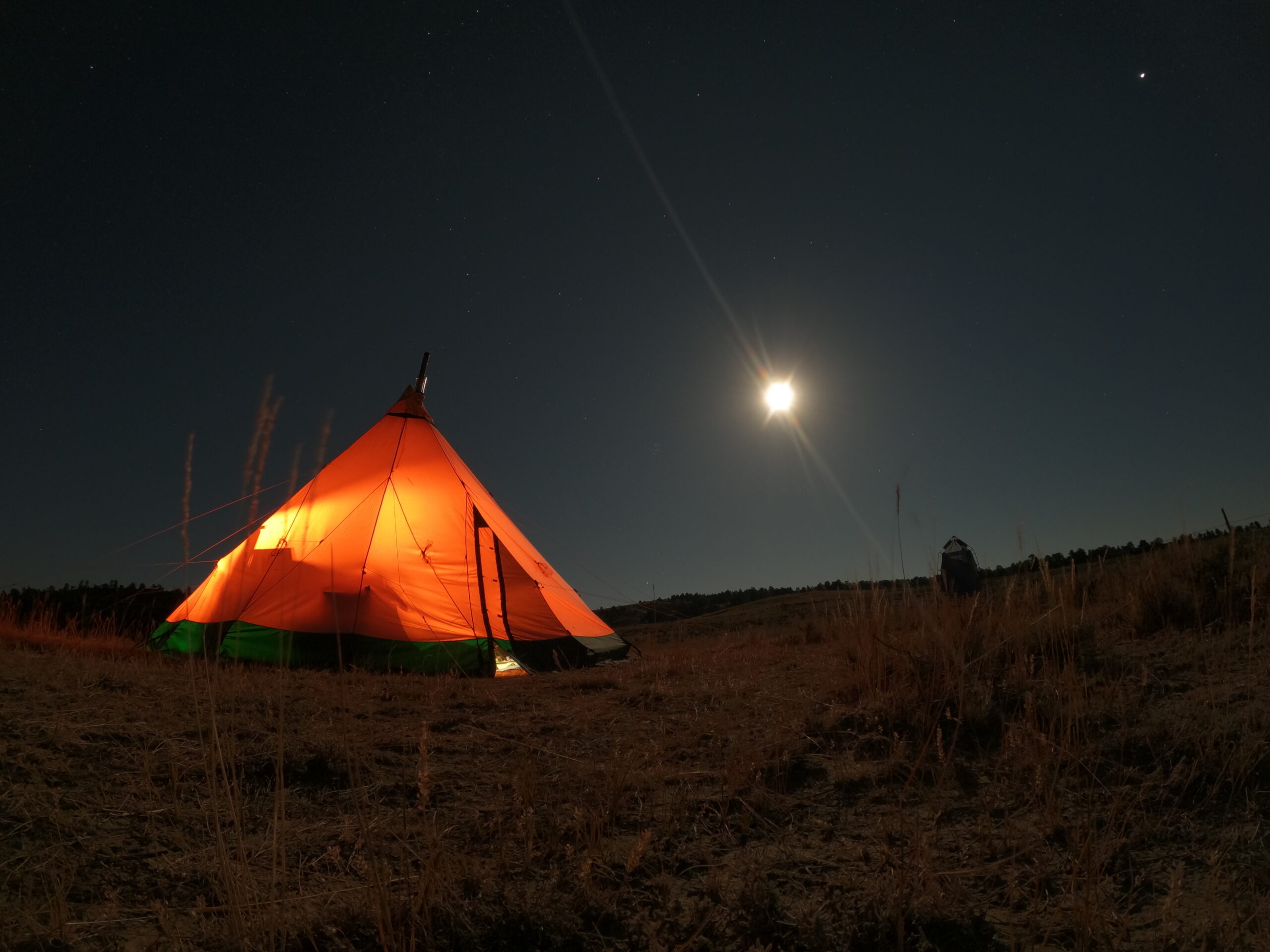

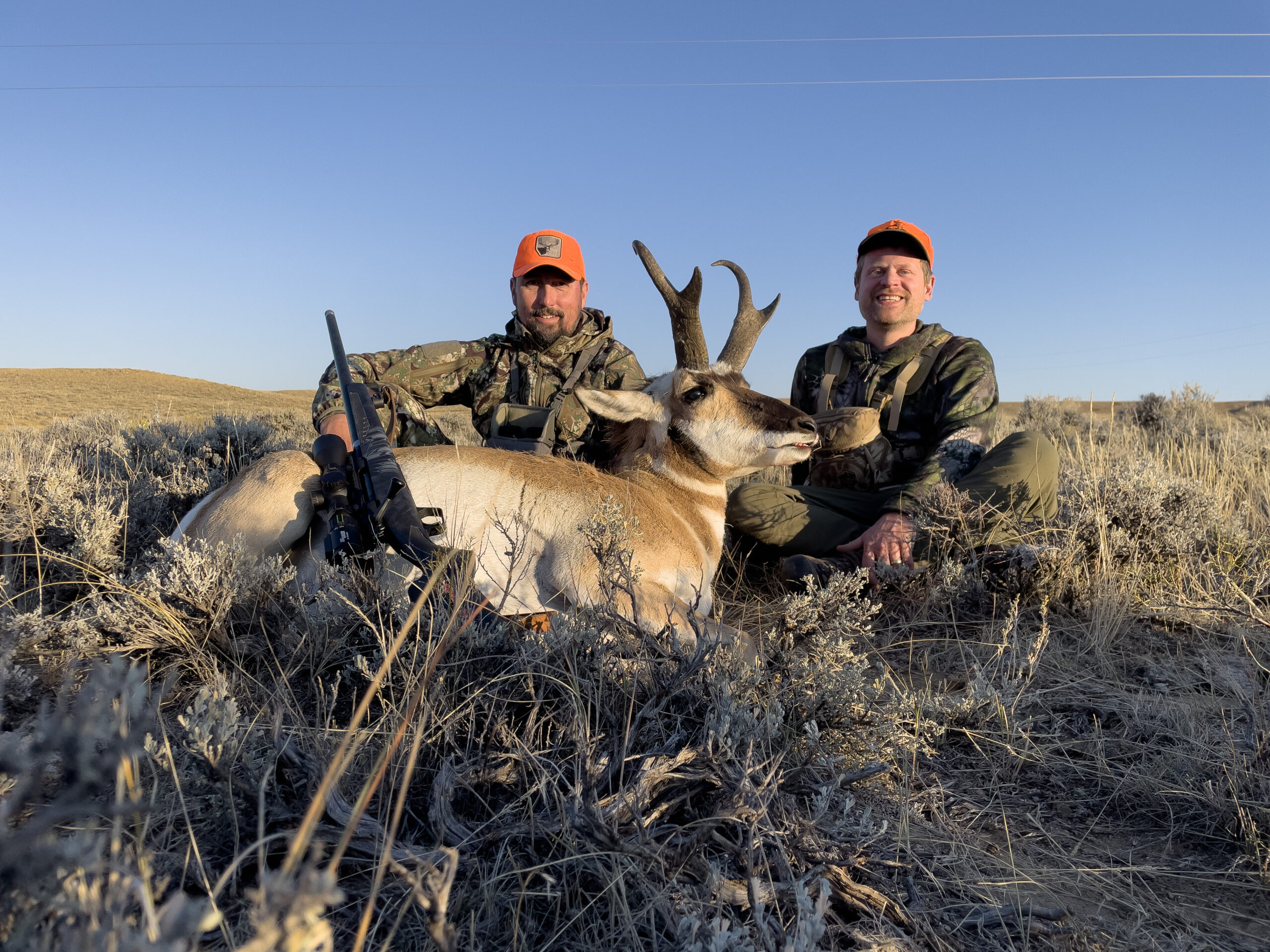

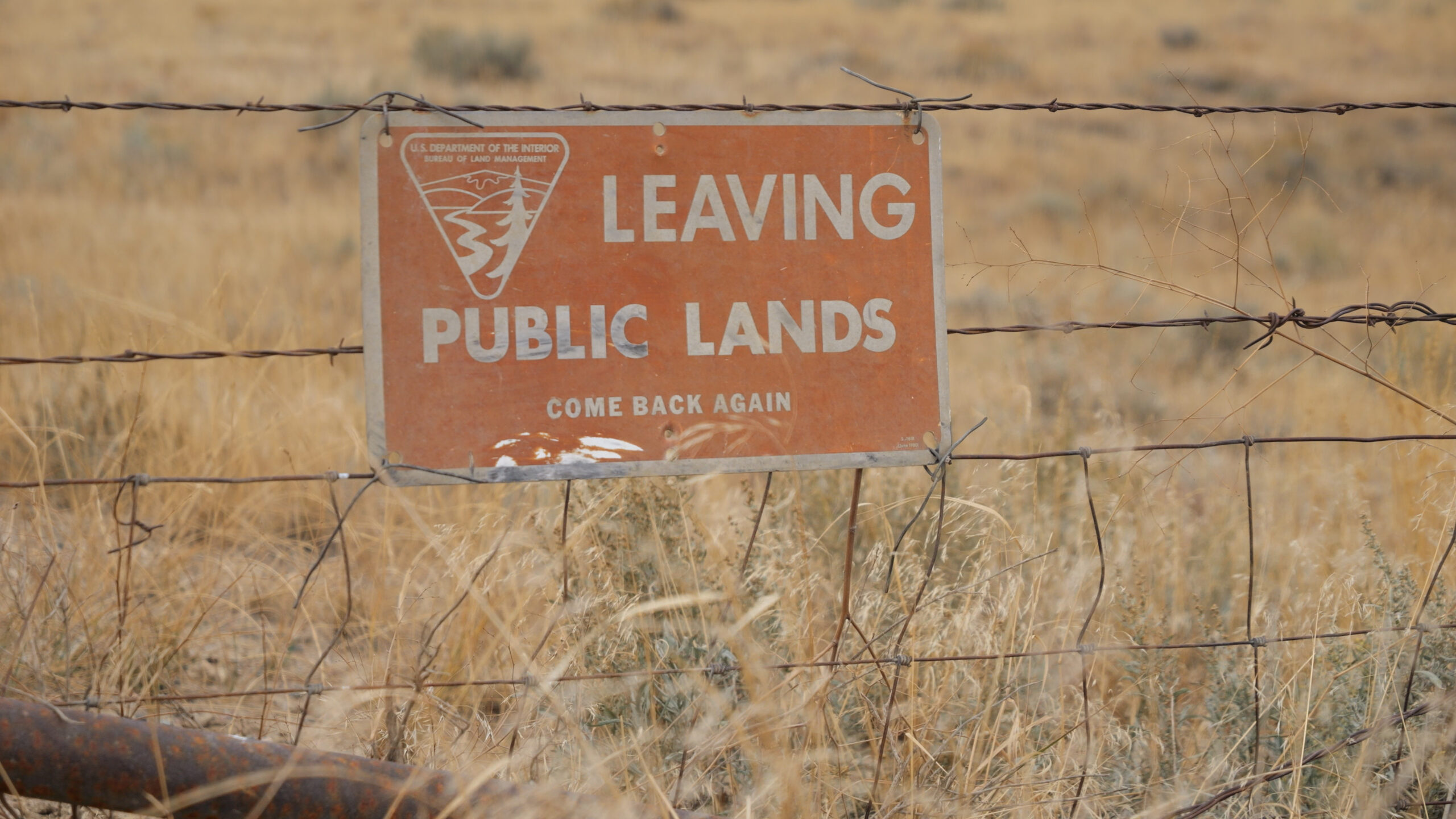

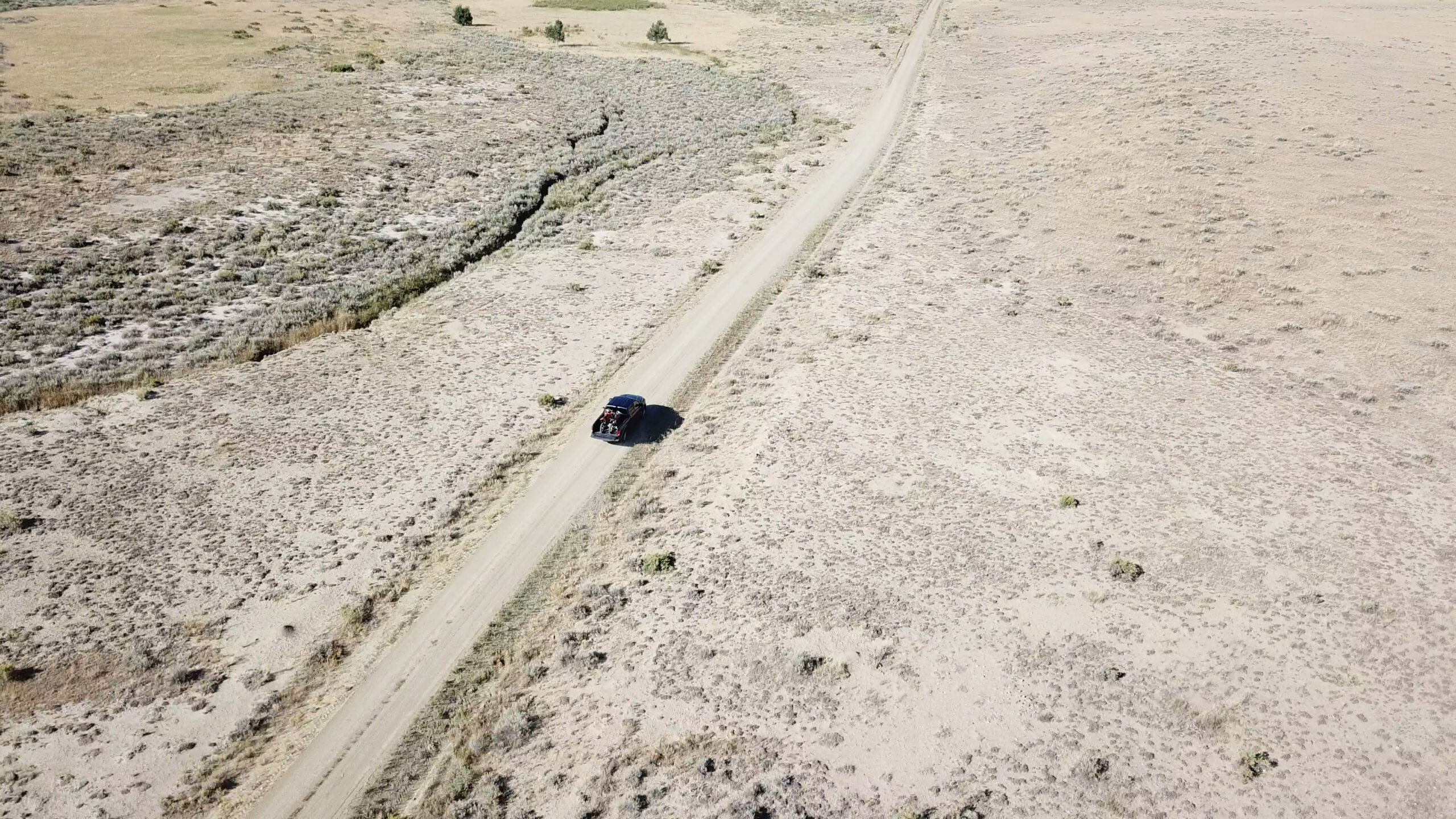

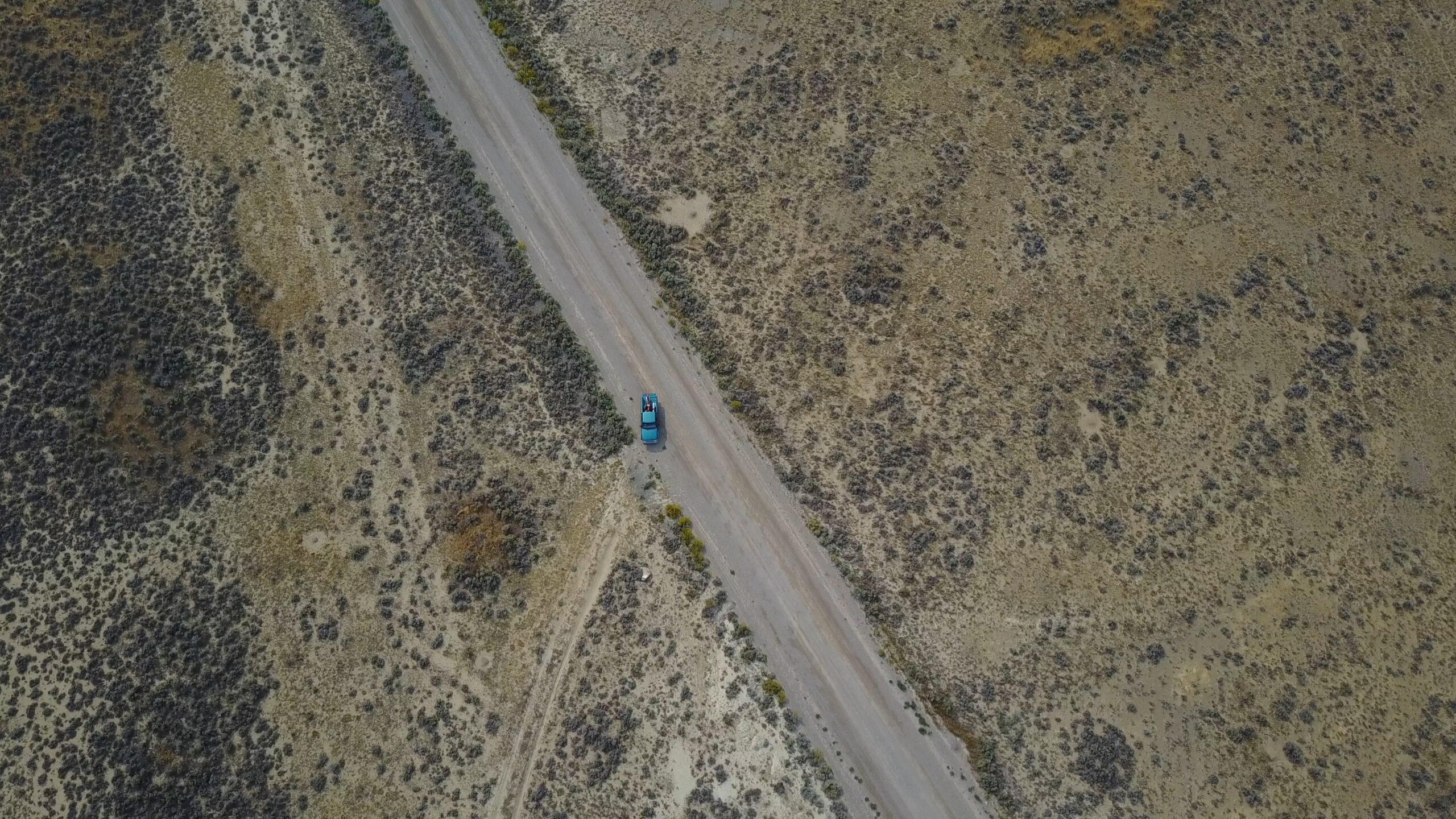

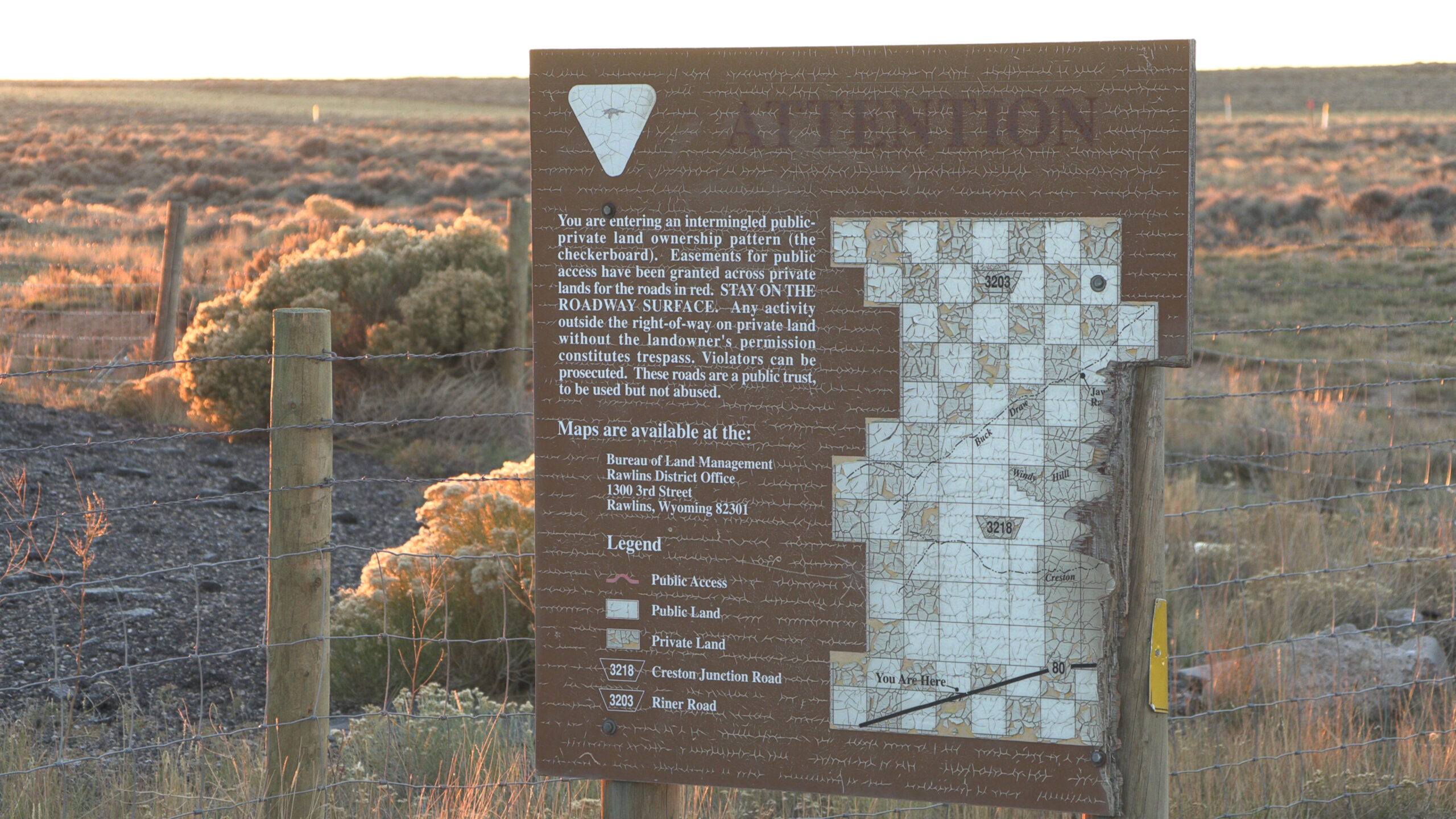

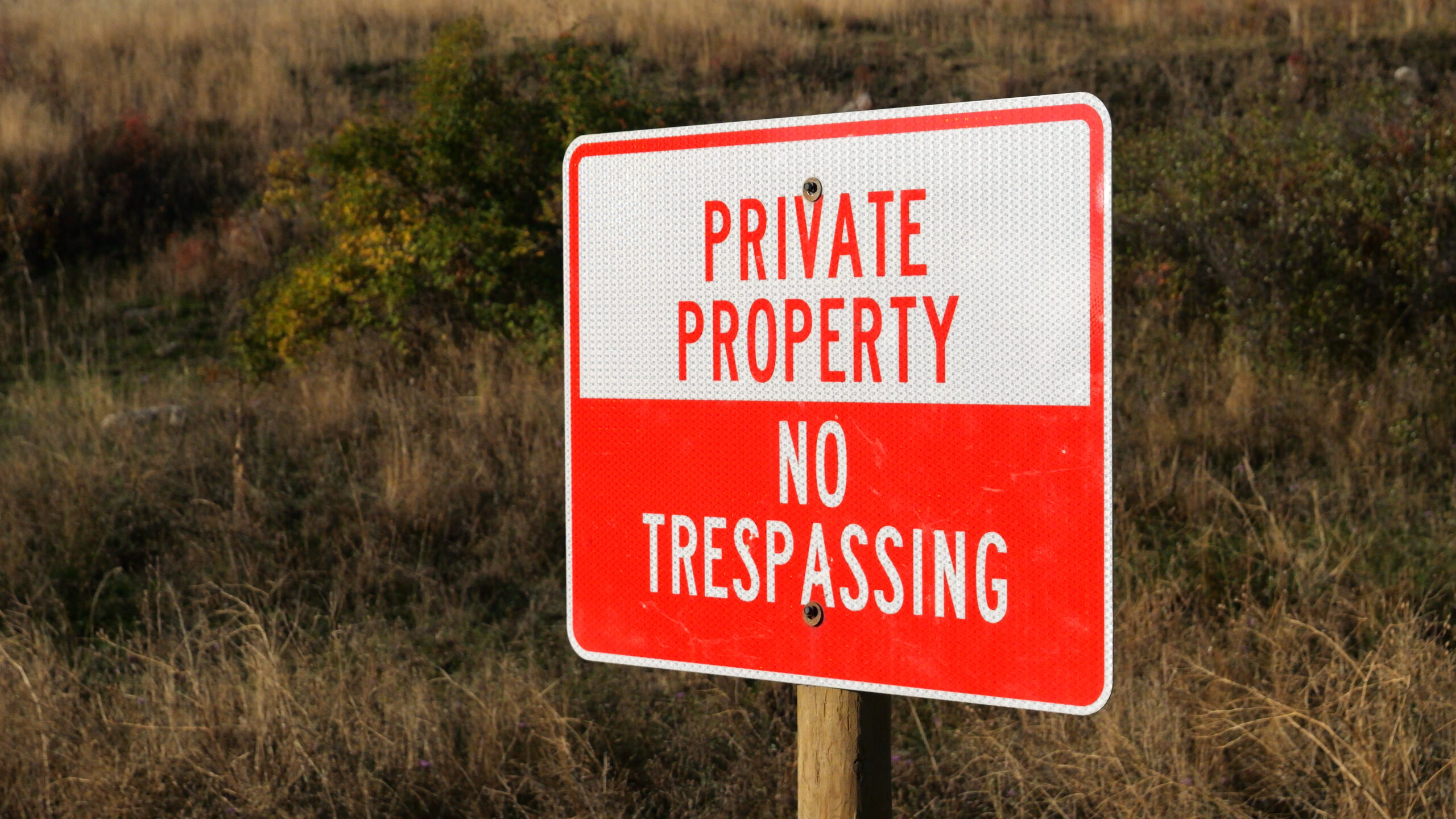

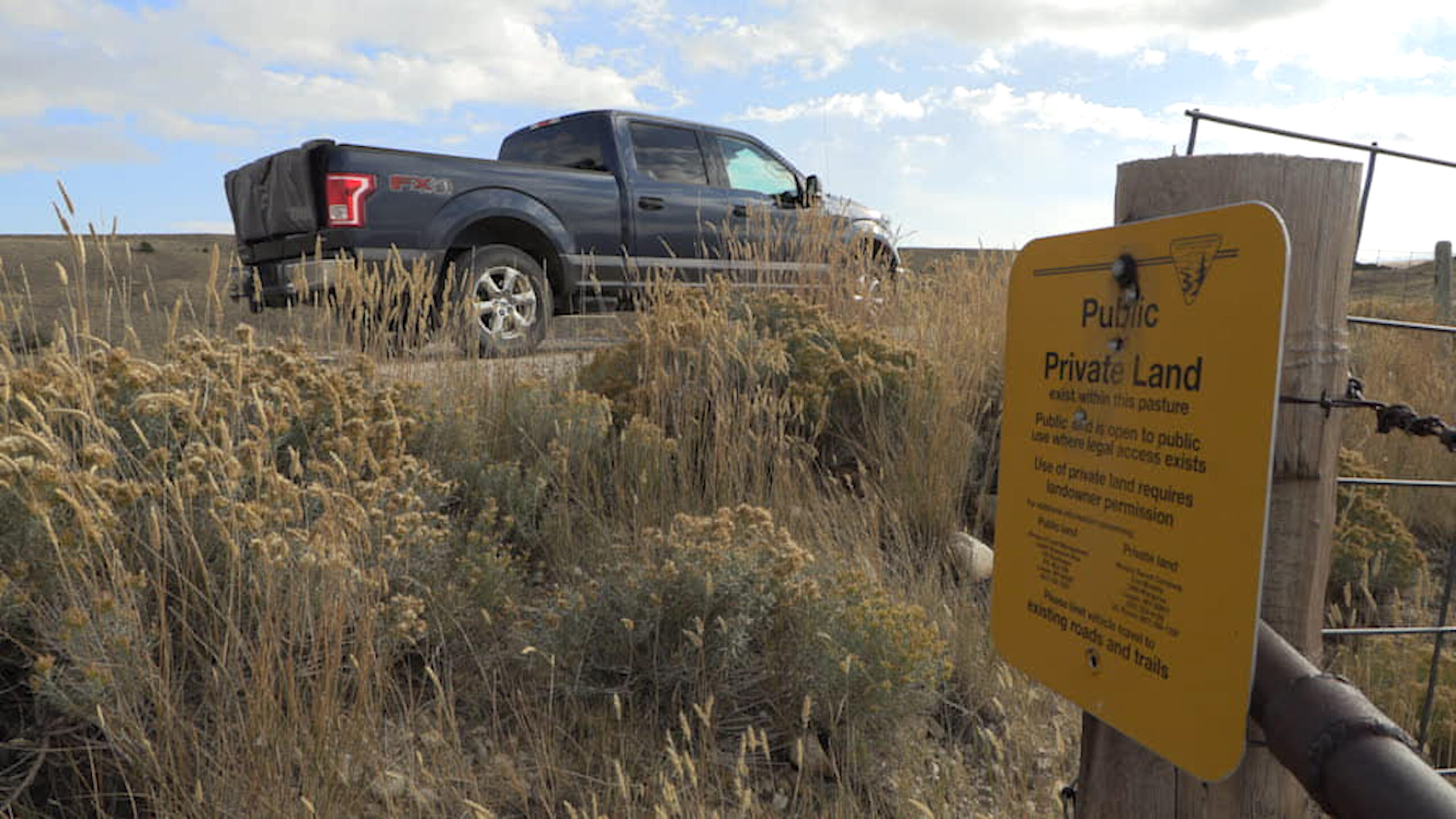

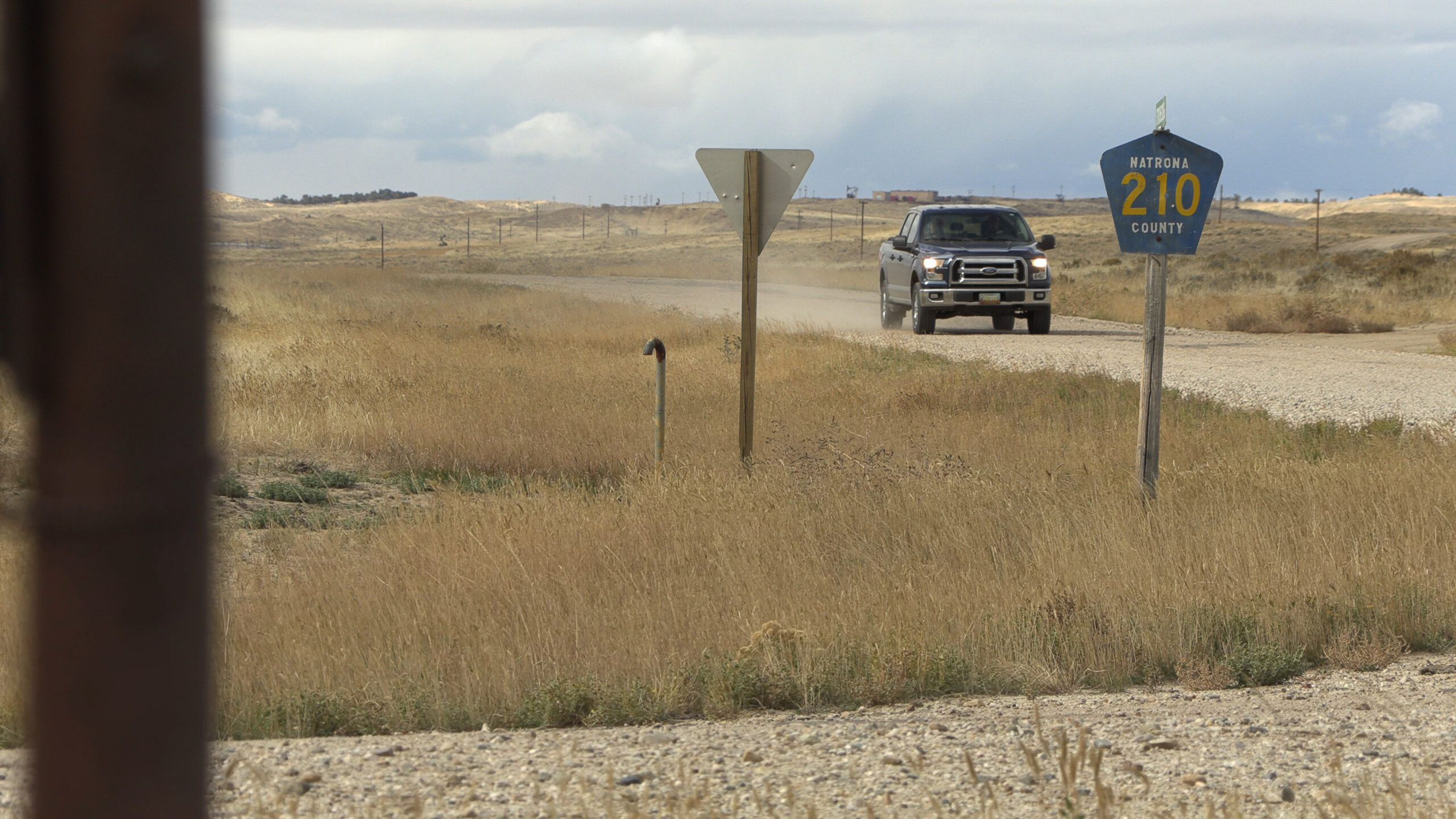

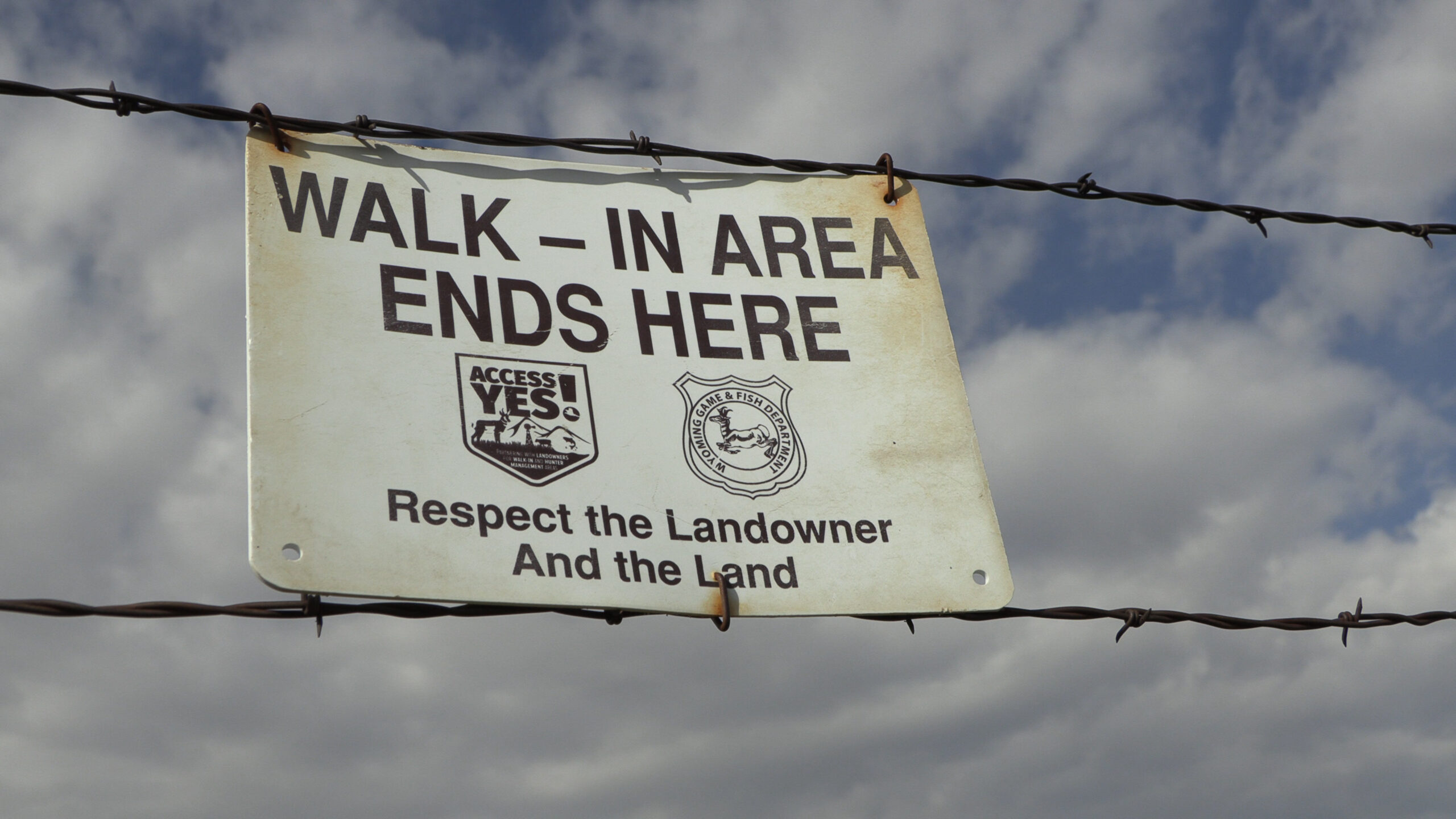

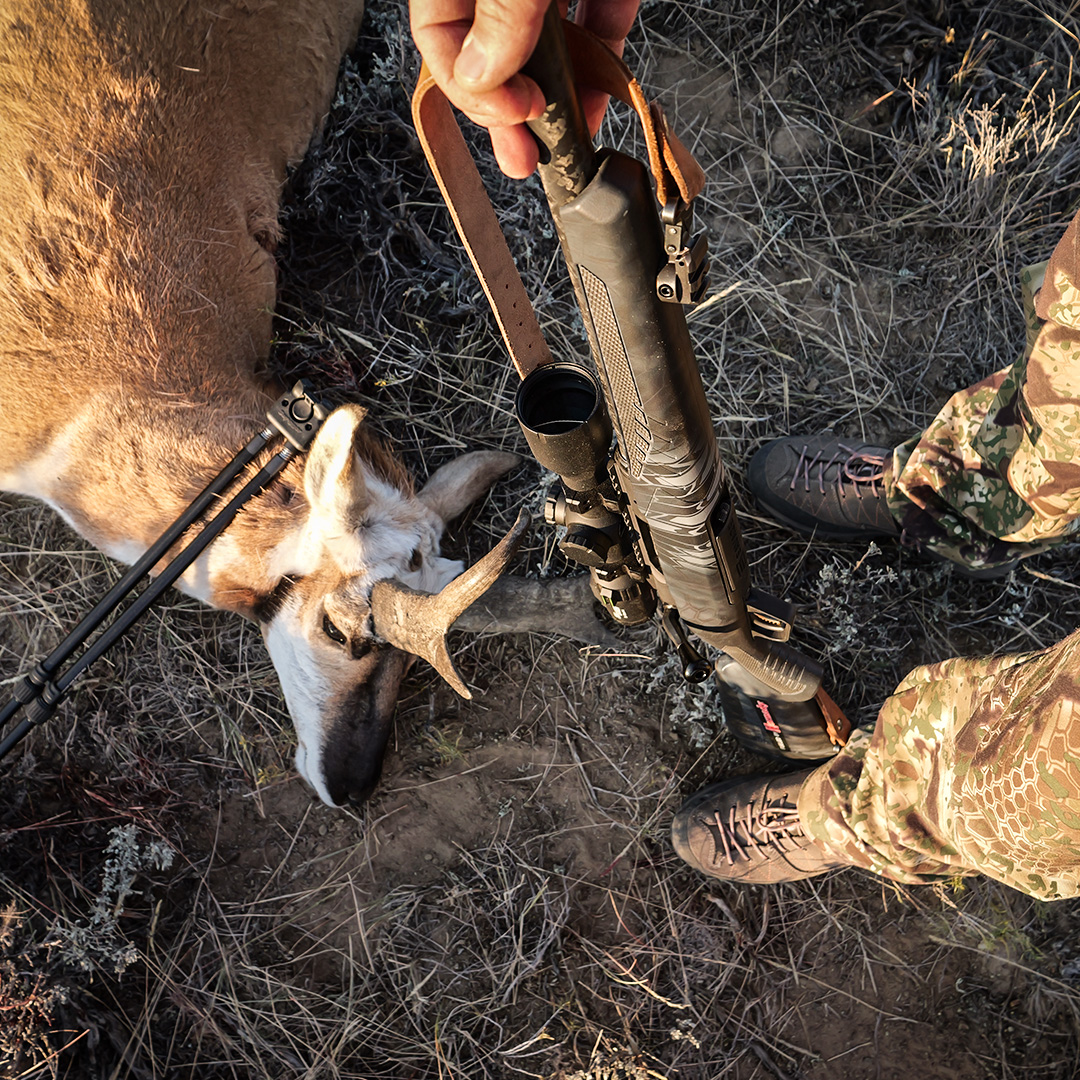

Mapping of public lands has been slow to match the current pace of today’s technology. This often means that sportswomen and sportsmen are left in the dark when trying to access some public land. Handheld GPS units allow us to pinpoint exactly where we are on the landscape using real-time location services.
Read MoreTRCP encourages strong collaboration as BLM proceeds with implementation.
Read MoreSolar goals can be achieved & wildlife habitat conserved through modified BLM proposal.
Read MoreTheodore Roosevelt’s experiences hunting and fishing certainly fueled his passion for conservation, but it seems that a passion for coffee may have powered his mornings. In fact, Roosevelt’s son once said that his father’s coffee cup was “more in the nature of a bathtub.” TRCP has partnered with Afuera Coffee Co. to bring together his two loves: a strong morning brew and a dedication to conservation. With your purchase, you’ll not only enjoy waking up to the rich aroma of this bolder roast—you’ll be supporting the important work of preserving hunting and fishing opportunities for all.
Learn More

